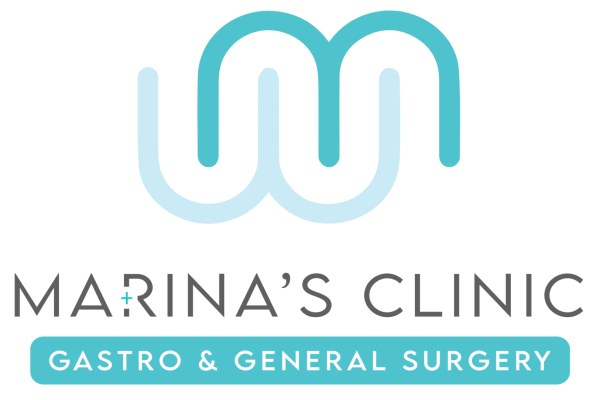What is an Incisional Hernia?
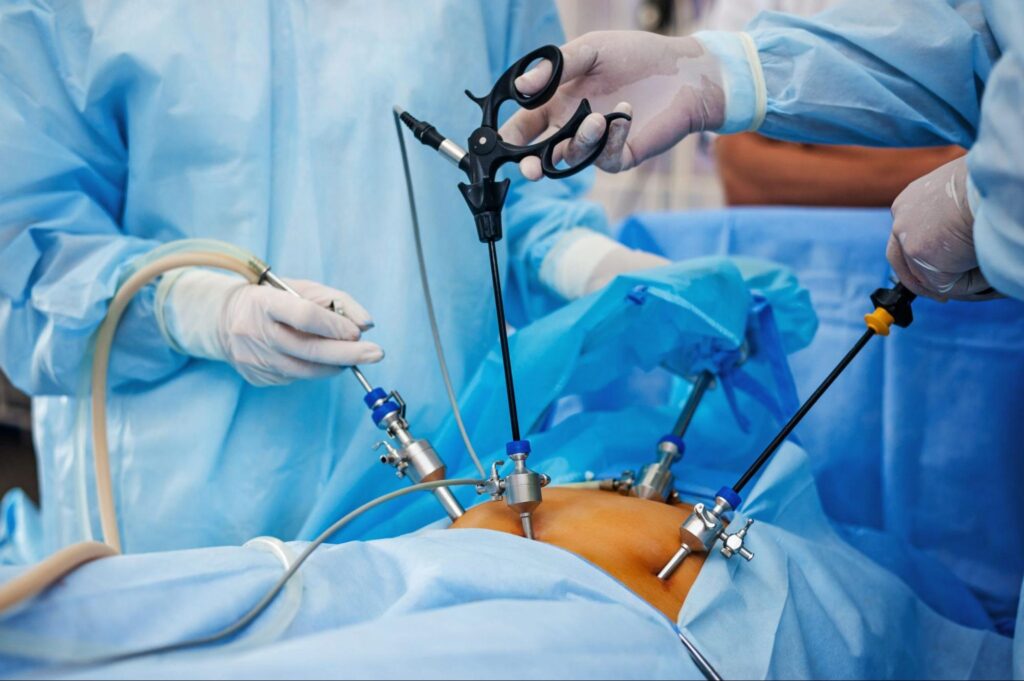
What is an Incisional Hernia? A particular kind of hernia, known as an incisional hernia, occurs when an incision is made during a prior surgical procedure. A bulge or lump is created when an internal organ, usually the intestine, pushes through a weak area in the abdominal muscle or fascia. If treatment is not received, […]
Complications of Untreated Hernia

Complications of Untreated Hernia Although hernias are frequently thought of as a simple medical condition, if they are not addressed, they can cause major consequences. This blog aims to provide light on the possible complications associated with hernias and the significance of early medical surgery through the professional insights of a leading female surgeon in […]
Is Walking Beneficial for Varicose Veins?
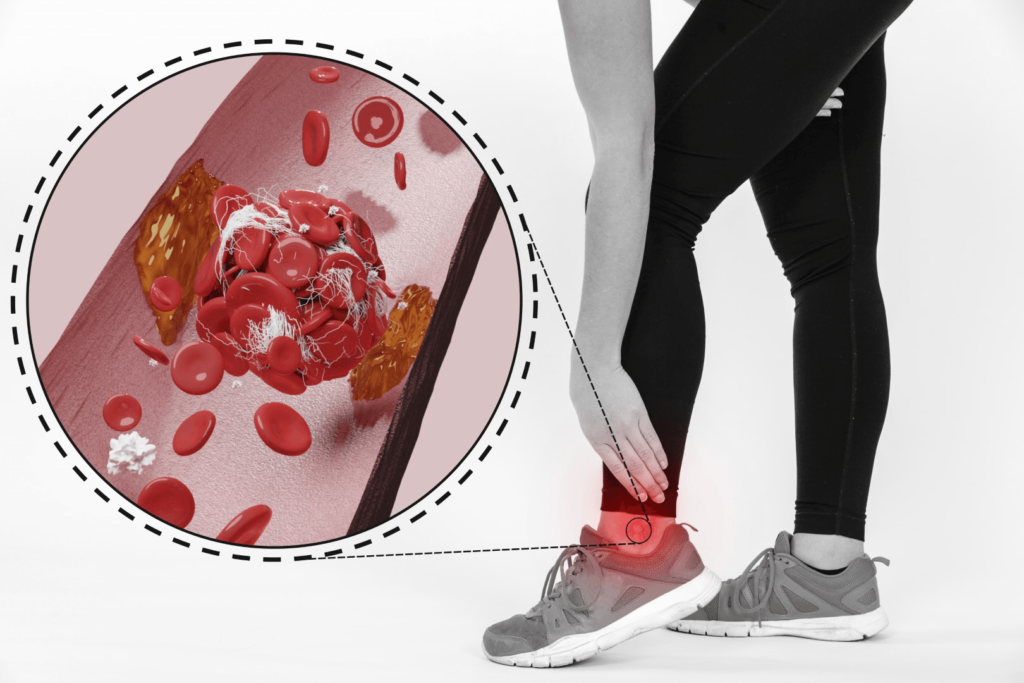
Is Walking Beneficial for Varicose Veins Varicose veins are a common condition that affects many individuals, causing discomfort and sometimes even pain. While there are various treatment options available, incorporating simple lifestyle changes can also play a significant role in managing this condition. One such lifestyle modification that often comes into focus is walking. But […]
Peripheral Vascular Disease: Understanding the Symptoms and Risk Factors
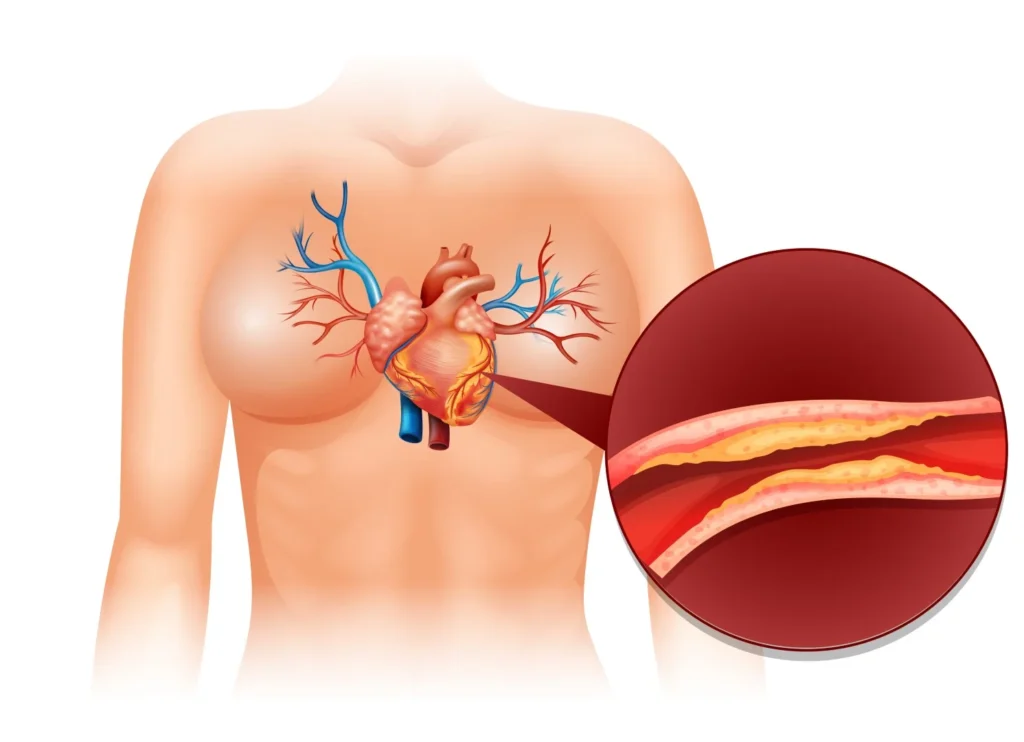
Peripheral Vascular Disease: Understanding the Symptoms and Risk Factors What is Peripheral Vascular Disease?Peripheral Vascular Disease refers to a group of disorders that affect blood vessels outside of the heart and brain. These blood vessels, including arteries and veins, play a crucial role in supplying oxygen-rich blood to various parts of the body, such as […]
Can Supplements Improve Your Recovery After Surgery?
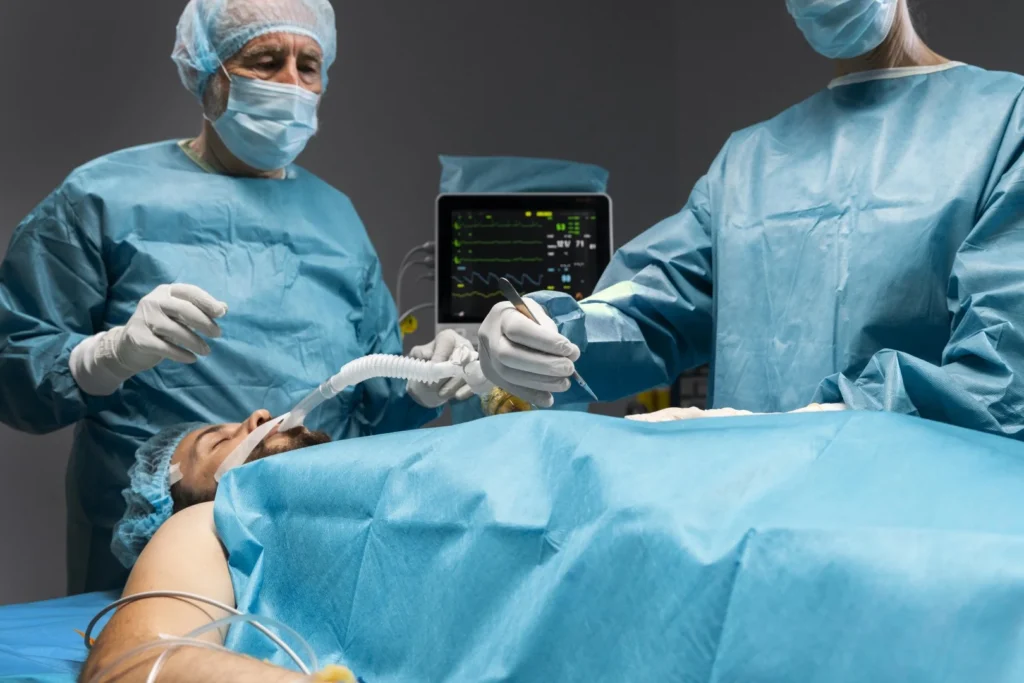
Can Supplements Improve Your Recovery After Surgery? Following surgery, healing can be difficult. Patients frequently look for practical solutions to shorten the length of their post-operative suffering and speed up their recovery. Adding supplements to their diet is one popular strategy that many people take into consideration. How helpful, though, are these supplements? Can they […]
Considerations of Repairing a Hernia when Pregnant

Considerations of Repairing a Hernia when Pregnant Introduction:For pregnant moms, the development of a hernia during pregnancy can bring complications and anxieties. An organ or tissue protruding through a hole or weak spot in the surrounding muscle or connective tissue is referred to as a hernia. Despite being relatively uncommon, pregnancy-related hernias can present difficulties […]
What is the Connection Between Obesity and Vascular Health Issues?

Weather Conditions Affect Varicose Veins? In recent years, the rise in obesity rates has become a significant global health concern. With its prevalence reaching epidemic proportions, it’s crucial to delve into the intricate relationship between obesity and various health complications. One such critical connection lies in the realm of vascular health. Obesity, characterised by excessive […]
Weather Conditions Affect Varicose Veins?

Weather Conditions Affect Varicose Veins? Have you ever noticed that your varicose veins seem to worsen during certain seasons or weather patterns? You’re not alone. Many individuals experience fluctuations in their vein health that coincide with changes in the weather. In this blog, we’ll explore the fascinating topic of how climate influences varicose veins. From […]
Functional Considerations in Breast Reconstruction

Functional Considerations in Breast Reconstruction Breast reconstruction surgery is not just about aesthetics; it’s also about restoring function, comfort, and confidence for women who have undergone mastectomy or breast-conserving surgery. Dr. Preethi Mrinalini, renowned as the best female surgeon in Chennai, emphasises the importance of addressing functional considerations in breast reconstruction. Let’s delve into this […]
What is Oncoplastic Breast Conservation Surgery?

What is Oncoplastic Breast Conservation Surgery? In the realm of breast cancer treatment, advancements continue to redefine the landscape, offering new hope and avenues for patients seeking both physical and emotional healing. Among these innovations lies a procedure that merges the principles of oncology and plastic surgery to deliver comprehensive care: Oncoplastic Breast Conservation Surgery. […]
